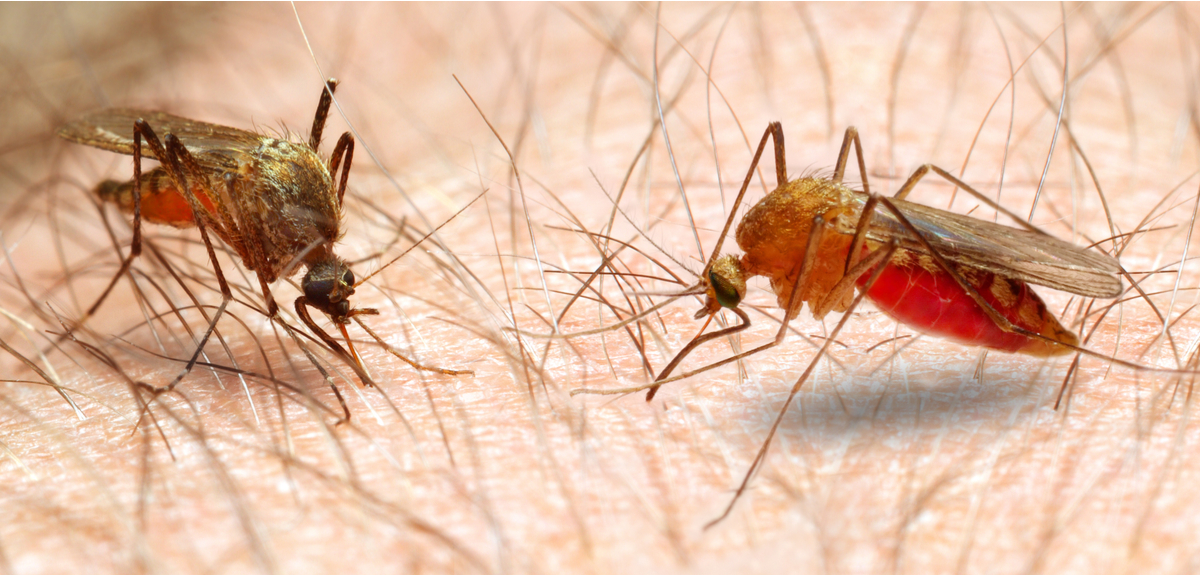The rapid elimination of potentially untreatable P. falciparum malaria in South-East Asia is possible, according to a ground-breaking new study published in The Lancet.
The study authors say that setting up community-based malaria clinics for early diagnosis, treatment and monitoring, combined with mass antimalarial drug administration (MDA) to everyone living in ‘hotspot’ areas – even if they do not show signs of malaria – substantially reduced, often to zero, malaria incidence in remote Myanmar villages.
Combining targeted malaria elimination activities such as these with existing control programmes, study authors say, means that there is a real chance to eliminate drug-resistant P. falciparum malaria, preventing its spread to South Asia and Africa – if authorities and funders act urgently.
'There has been no clear containment strategy so, despite substantial international investment in regional malaria control, drug-resistant malaria now extends across the whole of the Greater Mekong sub-region (GMS). However this study provides hard evidence that it is possible to eliminate artemisinin-resistant falciparum malaria rapidly if the will and the financial support are forthcoming,' said Oxford University’s Professor François Nosten, Director of the Shoklo Malaria Research Unit (SMRU) in Mae Sot, Thailand.
'We are losing a dangerous race to eliminate falciparum malaria before drug resistance spreads beyond South-East Asia and into Africa – and this study shows us how to do it,' said Professor Nosten.
P. falciparum malaria is the most common of five kinds of malaria parasite that infect humans, and the most likely to cause severe infections that can lead to death. Each year malaria causes close to half a million deaths globally. The spread of artemisinin resistant P. falciparum malaria and subsequent loss of partner antimalarial drugs in the GMS, threatens the global control and elimination of malaria – and could put millions of lives at risk if this drug-resistant malaria spreads to South Asia and Africa.
'This study shows that falciparum malaria could be eliminated rapidly in the GMS, if there was the political and financial support: Provide early detection and treatment of malaria in all malaria affected villages and in hotspots, use mass antimalarial drug administration. But for this to work these drugs need to remain effective, and we are losing them to resistance, so time is running out,' said Oxford University Professor Sir Nicholas White, Chairman of the Mahidol Oxford Tropical Medicine Research Unit (MORU), part of the Centre for Tropical Medicine & Global Health at the University of Oxford, and Board member of the Worldwide Antimalarial Resistance Network (WWARN).
'This is an important study that shows it is possible to prevent or slow down the spread of drug-resistant malaria by giving anti-malarial treatments to those living in malaria hotspots, alongside support from community-based clinics. The emergence of resistance to the most effective treatment we have is deeply worrying, and risks undoing years of progress in malaria elimination. We need to act urgently to stop the spread of drug-resistant malaria, particularly in South East Asia,' says Michael Chew, Wellcome Trust Infection & Immunology Team.
The study identified key elements to successful malaria elimination. After a culturally adapted community engagement phase, they set up more than 1,200 village malaria posts operated by trained villagers to detect, treat and monitor malaria for the nearly 365,000 people living in remote villages in an 18,000 km2 area of eastern Myanmar’s Karen/Kayin State. Then in malaria hotspots – 60 villages where many people carried malaria parasites without being ill – they gave effective antimalarial treatment to everyone living in those villages.
'Careful planning and public engagement to get the support of affected communities is key to ensure success,' explained METF Director Gilles Delmas. 'Our study shows that we can eliminate malaria even in remote areas. But long-term political and financial support will be needed to prevent malaria to return.'
The full paper, 'Effect of generalised access to early diagnosis and treatment and targeted mass drug administration on Plasmodium falciparum malaria in Eastern Myanmar: an observational study of a regional elimination programme,' can be read in The Lancet.
